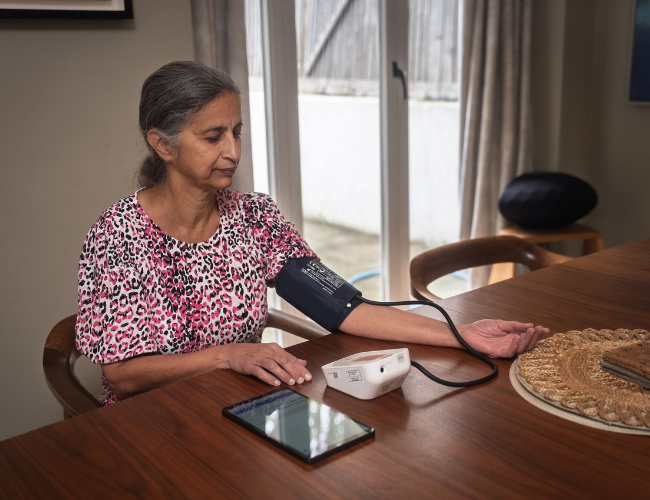Health and employment are deeply connected. Our economies rely on a healthy workforce, while stable jobs provide financial security and strong social connections.
We recently commissioned a report by Frontier Economics, Defining the Size of the Innovation Prize, which found innovations in healthcare could boost the UK's growth by bringing in around £246bn every year.
The report places the economic value of reducing ill-health through innovation at an equivalent to 9.6% of the entire British economy.
Productivity gains to be made include a £113bn opportunity from targeted improvements in cardiovascular disease (CVD), mental health, musculoskeletal (MSK) and respiratory, and £8.55bn in productivity gains for the NHS, addressing the 233m hours lost to ill health each year.
The message was clear in the Government's 10-Year Health Plan: innovation is no longer a ‘nice-to-have', but an essential lever for a healthier nation and a stronger economy.
By investing in digital solutions and support models that address common health-related reasons for workforce departures, we can help more people recover from ill health, manage long-term conditions and ultimately remain in, or return to, work.
MSK conditions, such as arthritis and back pain, affect over 20m people in the UK and result in over 30m working days lost annually, according to NHS England.
Health Innovation West of England and Health Innovation Network South London are among a number of local health innovation networks to have supported getUBetter, an evidence-based, CE-marked, digital self-management support platform for all common MSK conditions. By providing guided advice, exercises and support, patients gain the knowledge, skills and confidence to self-manage their condition.
Services using the platform have shown 13% fewer MSK GP appointments, 50% fewer MSK prescriptions, 66% less urgent care attendance and an evaluation demonstrated a potential cost saving of up to £1.96m per year, per integrated care system using getUBetter with back pain alone.
CVD affects around 7m people in the UK but is largely preventable, with several key risk factors addressed through lifestyle changes or medication, including high blood pressure, high cholesterol, smoking, diabetes, obesity and a lack of physical activity.
Eight local health innovations networks have collaborated to support PocDoc's Healthy Heart Check simple finger prick blood test which can be used to support the detection of a person's risk of CVD as part of a wider clinical pathway.
Over a six-month period PocDoc demonstrated it could deliver 6,120 Healthy Heart Checks saving 10,000 hours of GP surgery time. It identified 1,021 people at high risk of CVD and directed them onto treatment.
Anxiety disorder can be a debilitating condition for those who experience it. Data indicates 40% of adults suffer from moderate to high levels of anxiety, while 20% of adults who visit their GPs annually for non-mental health issues often have episodes of anxiety disorder.
Health Innovation Yorkshire and Humber are collaborating with Big Health to further test their app, Daylight, a digital therapeutic tool offering a cognitive behavioural therapy (CBT) structured programme through a dedicated app, enabling patients to access immediate support for managing worry and anxiety.
The app is currently being offered for free to patients and GP practices across South Yorkshire as part of an economic evaluation.
Supported by Health Innovation North East North Cumbria (HI NENC) and Health Innovation Yorkshire and Humber, NHS England has launched a £45m world leading trial that will see the NHS create ‘health and growth accelerators' in South Yorkshire, North East and North Cumbria, and West Yorkshire – parts of the country most affected by economic inactivity driven by ill health.
The accelerators will test the use of digital tools to primarily support mental health therapy sessions and MSK pain as well as cardiometabolic disease and wider prevention. To support these accelerators HI NENC is partnering with the North East and North Cumbria ICB to source innovations from across the country to support people living in the region to remain economically active.
By improving access to early intervention, personalised care and timely support, we can help more people manage their conditions and enable them to return to work – improving their quality of life while also boosting the economy.
Contact your local health innovation network to find out how our experts can provide the skills and experience to support you with the safe deployment of innovations.



